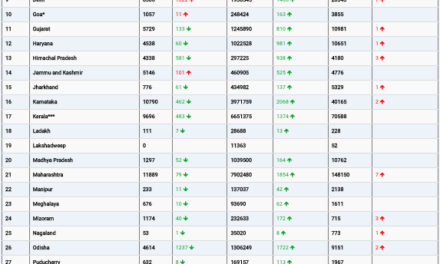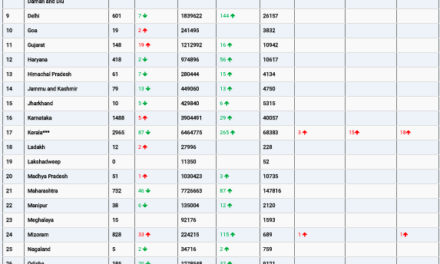In a groundbreaking study conducted in Guarulhos, São Paulo, Brazil, researchers have found that WhatsApp can be a powerful tool in combating loneliness and depression among older adults. The study, published in the journal Nature Medicine, was led by Marcia Scazufca, a scientific researcher at Hospital das Clínicas and a professor at the University of São Paulo’s Medical School (FM-USP).
“This was a randomized controlled trial involving 603 participants aged over 60 who were registered with 24 primary care clinics under Brazil’s national public health network, SUS,” Scazufca explained. “These participants were positively screened for depression and showed significant symptoms of the disorder. They were randomly divided into two groups.”
The intervention group, consisting of 298 participants, received WhatsApp messages through the Viva Vida program twice a day, four days a week, for six weeks. These messages contained educational content on depression and behavioral activation. The control group, comprising 305 participants, received a single educational message. Neither group received direct support from healthcare professionals.
The study revealed significant improvements in depression symptoms among the intervention group. While 42.4% of this group showed improvement, only 32.2% of the control group did. “This suggests that mobile phone messages can be an effective short-term treatment for depression in older adults, especially in areas with limited health services,” Scazufca noted.
Participants were selected based on their scores on the Patient Health Questionnaire-9 (PHQ-9), a validated screening tool for assessing depression severity. Those with scores of 10 or more, indicating moderate to severe depression, were invited to participate.
Given that many low-income elderly Brazilians are semi-literate or illiterate, the intervention group received audio messages or images instead of text messages. These three-minute audio messages used simple language inspired by popular radio programs, voiced by actors using the pseudonyms Ana and Léo. The messages progressed from educational phrases about depression to guidance on behavioral activation and relapse prevention.
Scazufca emphasized the significance of the study’s findings: “The ten percentage point difference between the intervention and control groups may seem small, but considering the low cost and broad reach of Viva Vida, this difference could impact millions of people. Additionally, Viva Vida should be seen as a preliminary step that can be integrated with other interventions. Importantly, most participants had never received treatment for depression before this study.”
The results are particularly relevant for middle-income countries like Brazil, where the older population is growing rapidly, and mental health services are limited. The program’s low cost and ease of implementation suggest it could be replicated in other countries facing similar challenges.
“As we continue this research, we may find even stronger evidence supporting digital mental health interventions and extending psychosocial treatment globally,” Scazufca concluded.
More Information: Marcia Scazufca et al, “Self-help mobile messaging intervention for depression among older adults in resource-limited settings: a randomized controlled trial,” Nature Medicine (2024).











